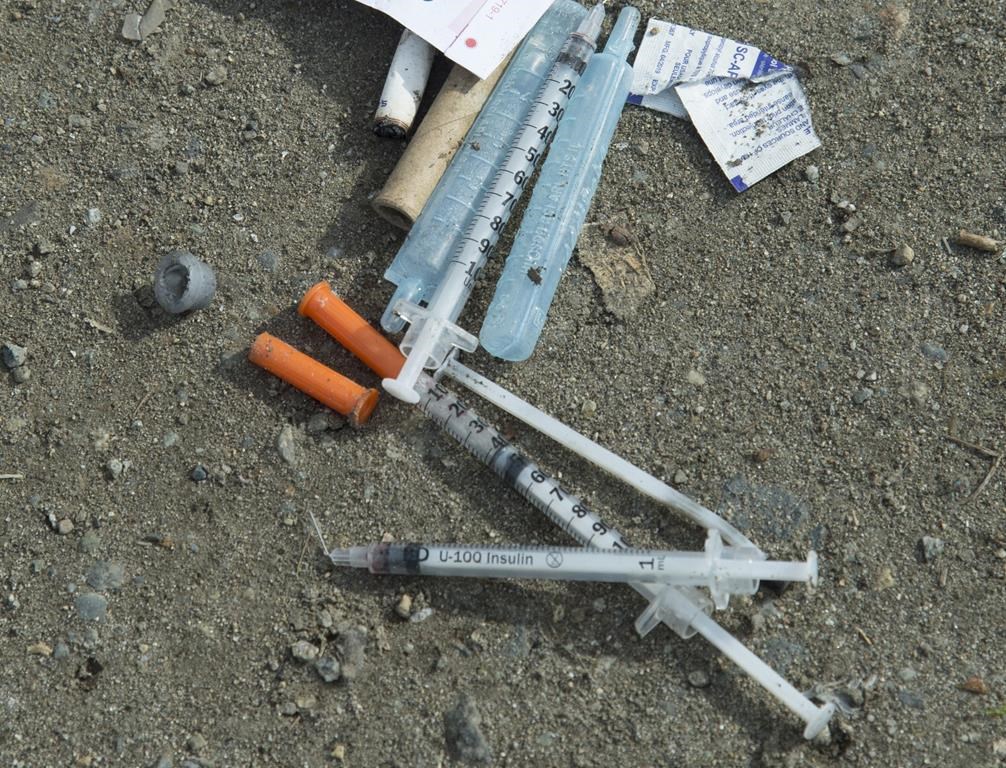Health officials have issued an opioid overdose for Northumberland County and the City of Kawartha Lakes in the wake of a spike in drug overdoses over the past month.

On Tuesday, the Haliburton Kawartha Pine Ridge District Health Unit issued an opioid alert to inform the public about the drug problem and to encourage those who use drugs to do so safely.
According to the health unit’s opioid overdose report dashboard, in June there were 27 emergency department visits for suspected drug overdoses. So far in July there have been 12 ED visits for suspected opioid poisonings.
“The recent increase in overdoses in Kawartha Lakes and Northumberland is troubling, so we’re issuing the alert to inform the community to take precautions,” said Leslie McLaughlin, the health unit’s substances and harm reduction co-ordinator
“Contributing factors for these local overdoses may include people using alone or a potentially contaminated or poisoned drug supply that is leading to more severe overdose reactions.”

Get weekly health news
The alert also triggers community groups to enhance their outreach with people who use drugs, while also increasing the distribution of naloxone kits in the region.
“The ongoing opioid crisis continues to plague our communities, and we all have a role to play in saving lives,” said McLaughlin. “Let’s remember that overdoses aren’t just statistics and numbers. Behind every overdose and death is a real person.”
The health unit reminds anyone who uses drugs, or who knows someone who does, to follow these safety tips:
- Test a small amount of drug before you use.
- Avoid mixing drugs.
- Never use alone; if you are alone, call the National Overdose Response Service (NORS) virtual safe consumption at 1-888-668-NORS (6677) or call a friend.
- Ensure that emergency services can be contacted in the event of an overdose.
- Keep a naloxone kit on hand. You can get a kit at most pharmacies and needle-exchange sites. To find out how to access naloxone, visit the health unit’s offices, local pharmacies or visit www.ontario.ca/naloxone.
McLaughlin also notes that under the Good Samaritan Act, anyone trying to help in an emergency is protected from possible legal repercussions. The act also protects people on the scene of an overdose from being charged for possessing or using drugs.
People can use the online submission form to anonymously report overdoses and drug-related information to assist in a quicker response to these incidents.










Comments